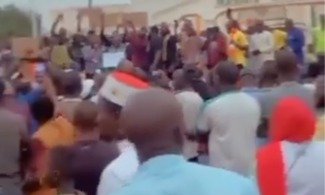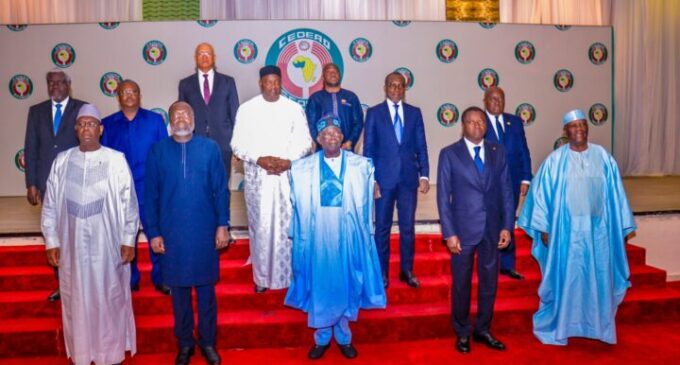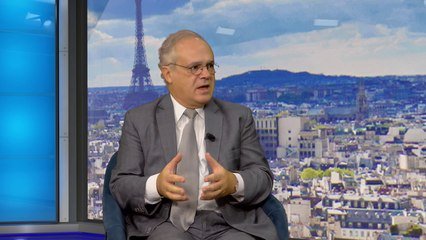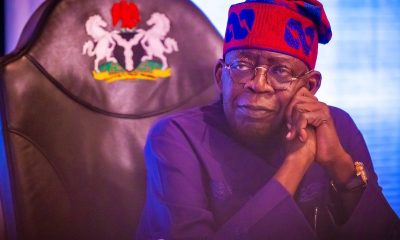Opinion
Strengthening democracy in Niger Republic
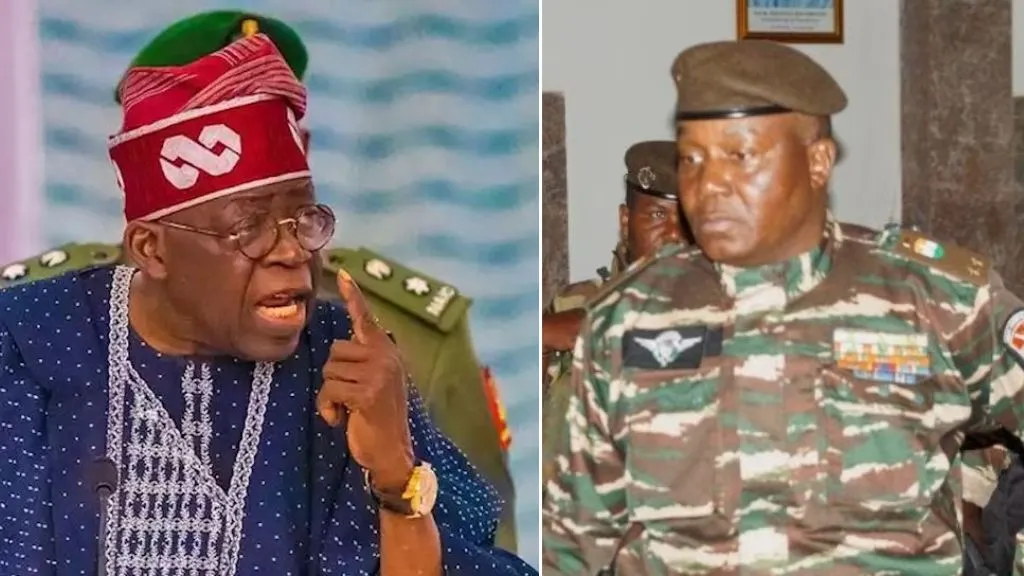
By Adamu Abubakar
THE recent military coup in our neighboring country, Niger, is a cause for concern. We have witnessed the cycle of instability that such actions can bring, undermining the very principles of democratic governance that our region has been striving to uphold. It is imperative that all nations within ECOWAS come together to safeguard the democratic values we hold dear. We extend our hand to the people of Niger, urging them to return to a constitutional government that represents the true aspirations of their citizens. And we demand the departure of all foreign miltary presense and bases, eg US bases, french bases and italian forces from Niger. We are not blind to the history of intervention and influence that foreign forces have exercised in our region, often under the guise of cooperation or assistance. These bases can inadvertently escalate tensions, fueling mistrust and insecurity among our people.

Had the coup not taken place, the crisis we now face could have been averted. The disruptions caused by this unconstitutional act have led to uncertainty, potential conflicts and further instability. While we recognize that hardships, insecurities, and economic challenges persist worldwide, it is essential to stress that military takeovers are not the solution. The military’s expertise lies in defense and security matters, not economic governance. Take the example of Argentina, a nation that has grappled with economic difficulties for years. Despite these challenges, their commitment to constitutional governance has remained unwavering. Similarly, in India, security threats from various groups have not led to military takeovers. Instead, they have relied on existing mechanisms and institutions to navigate complex situations, demonstrating a commitment to democratic principles and the rule of law.
Let it be known that the people of Niger and Nigeria share a bond that transcends borders. Our fates are intertwined, our histories parallel but that should not stop us from saving them from themselves and saving us also from future repercussions. So, it is essential that we recognize the broader geopolitical factors that underline the urgency of reversing this situation.
The stability of Niger goes beyond its borders; it has a profound impact on the entire Sahel region in West Africa. The ousted President Mohamed Bazoum played a crucial role in stabilising the situation involving the Tuaregs’ statelessness and their agitations for autonomy which had the potential to ripple into a larger conflict affecting the entire Sahel. The support for President Bazoum’s return to power from his region and among the Tuaregs can trigger tribal or internal tensions that could ripple across ethnic lines. Niger Republic is composed of a rich mosaic of ethnic groups, including the Hausa, Zarma & Songhay, Tuareg, Fulani, Kanuri, Gurma, Toubou, and shuwa Arab.
We are witnessing insurgencies operating in the vicinity of the tri-border region of Mali, Burkina Faso and Niger. involving group like Movement for Oneness and Jihad in West Africa (MOJWA/MUJAO), a splinter group of Al-Qaeda in the Islamic Maghreb, Tuareg and shuwa Arab nomads formed the People’s Movement for the Liberation of Azawad (MPA) and declared war for independence of the northern part of Mali. The same ethnic groups and the Fulanis are also involved in the Rapid Support Forces (RSF) in Sudan, a notorious paramilitary group. A former rebel leader and politician, Rhissa Ag Boula, has launched a military campaign opposing the military junta in Niger Republic. And the French government have released the hardened jihadist fighters from french custody in Niger Republic. The collaboration between figures like Khalifa Belqasim Haftar of Libya, Rhissa Ag Boula of Niger and RSF leader in Sudan Mohamed Hamdan Dagalo Hemedti, could lead to a wider conflict engulfing the entire Sahel region. Such a scenario would have severe consequences for Nigeria, particularly in the northern regions.
These internal strifes and external actions highlight the complexity of the situation and the importance of restoring a stable government to avoid further escalation. The peace and harmony of our region are at stake. We must not allow this situation to stand unchallenged. The coup must be reversed to reinstate President Mohamed Bazoum and restore stability to Niger. Our call goes out to all Nigerians, especially those in the northern regions, to understand the gravity of this situation. We must act swiftly and collaboratively to avert a crisis that could destabilise the entire Sahel, impacting the security and prosperity of our own nation. The path of coup tarnishes our collective efforts to build nations based on fairness, accountability, and the will of the people.
It weaken our institutions, leaving room for uncertainty, power struggles, and corruption. Our history has taught us that our destinies are intertwined, and our present circumstances reinforce the urgency of our collaboration. Let us set aside differences, build bridges, and move forward as one strong, sovereign nation.
It is important to acknowledge that the desire for peace is universal. Nobody wants war. The uncertainty and destruction that come with such actions are a stark reminder that kinetic approaches rarely address the underlying political issues. Instead, they often lead to further complexities and suffering. But justice is a cornerstone of any functional society. It ensures that the rights of individuals and communities are upheld, that grievances are addressed, and that peace prevails. The actions taken by President Tinubu and ECOWAS reflect a commitment to justice, to restoring democratic governance, and to preventing further turmoil.
In conclusion. The recent events in Niger are a reminder that military coups do not bring solutions; rather, they exacerbate existing challenges, the prices of food has gone up by more than 500 percent, they have a full fledged Armed rebelion and the country has ran out of medical supplies already. As we address the immediate concerns of the recent military coup. Let us embark on this journey not just for ourselves, but for the generations that will follow.
Abubakar writes in from, Minna, Niger State via abubakarado@gmail.com


